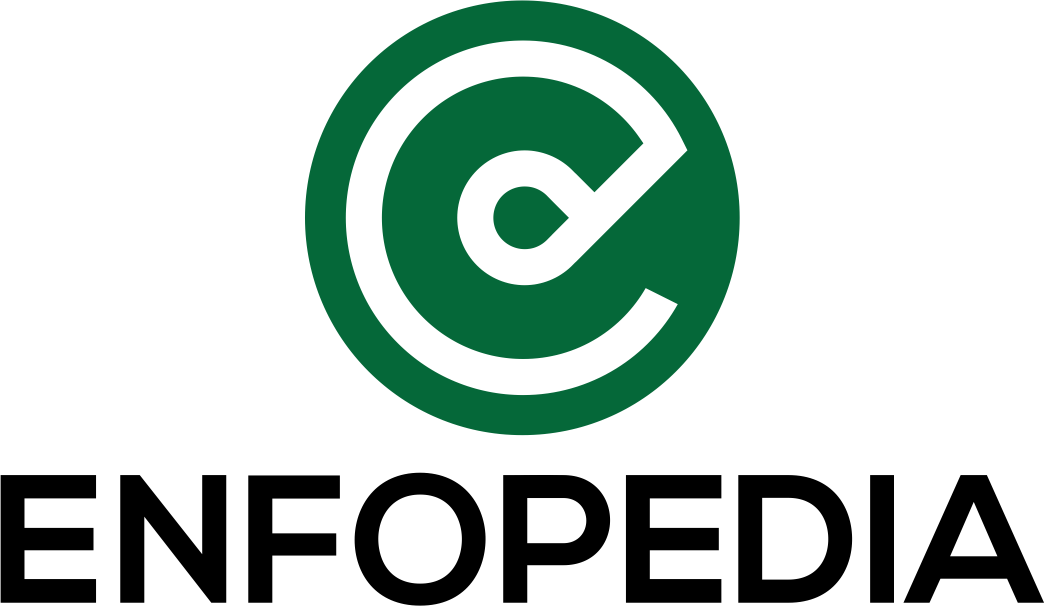Building an Environment of Workplace Accountability

Creating a thriving workplace hinges on many bases, but one that stands out is accountability. It is the glue that holds teams together, ensuring everyone is pulling in the same direction. When accountability in the workplace is strong, people do not just show up, they step up. Tasks get done, goals get crushed, and trust grows. But when is it missing? Chaos creeps in, missed deadlines, finger pointing, and a whole lot of frustration. So, how do you foster it without turning into a micromanaging nightmare?
First off all, it starts with clarity. People can not be accountable if they don’t know what’s expected. Lay out roles, responsibilities, and deadlines like you are drawing a map, precise but not suffocating. When everyone is on the same page, excuses evaporate. Think about a chef in a busy kitchen, if they don’t know who’s chopping the onions versus grilling the steak, the whole meal’s a mess. Clear expectations set the stage for ownership.
Next, it’s about follow-through. Accountability isn’t just a buzzword you slap on a poster, it’s a habit. Leaders need to model it. If the boss owns their mistakes and delivers on promises, that trickles down. It’s not about perfection; it’s about consistency. A team that sees their manager fess up to a dropped ball is more likely to do the same instead of dodging blame. Data backs this up—studies show teams with transparent leaders are 20% more productive because trust replaces paranoia.
Then there’s feedback. It’s not enough to set goals and walk away. Regular check-ins keep people aligned and nip problems in the bud. But here’s the kicker: feedback’s gotta be a two-way street. Employees should feel safe calling out roadblocks or even suggesting better ways to hit targets. That’s where cultivating accountability in the workplace really shines, it’s not a top-down dictatorship, but a shared commitment.
Finally, celebrate wins and learn from flops. Recognizing effort reinforces the behavior you want. If someone nails a project, shout it out. If they miss, dissect why without turning it into a public execution. The goal’s growth, not guilt. Over time, this builds a crew that’s less about dodging responsibility and more about driving results.

